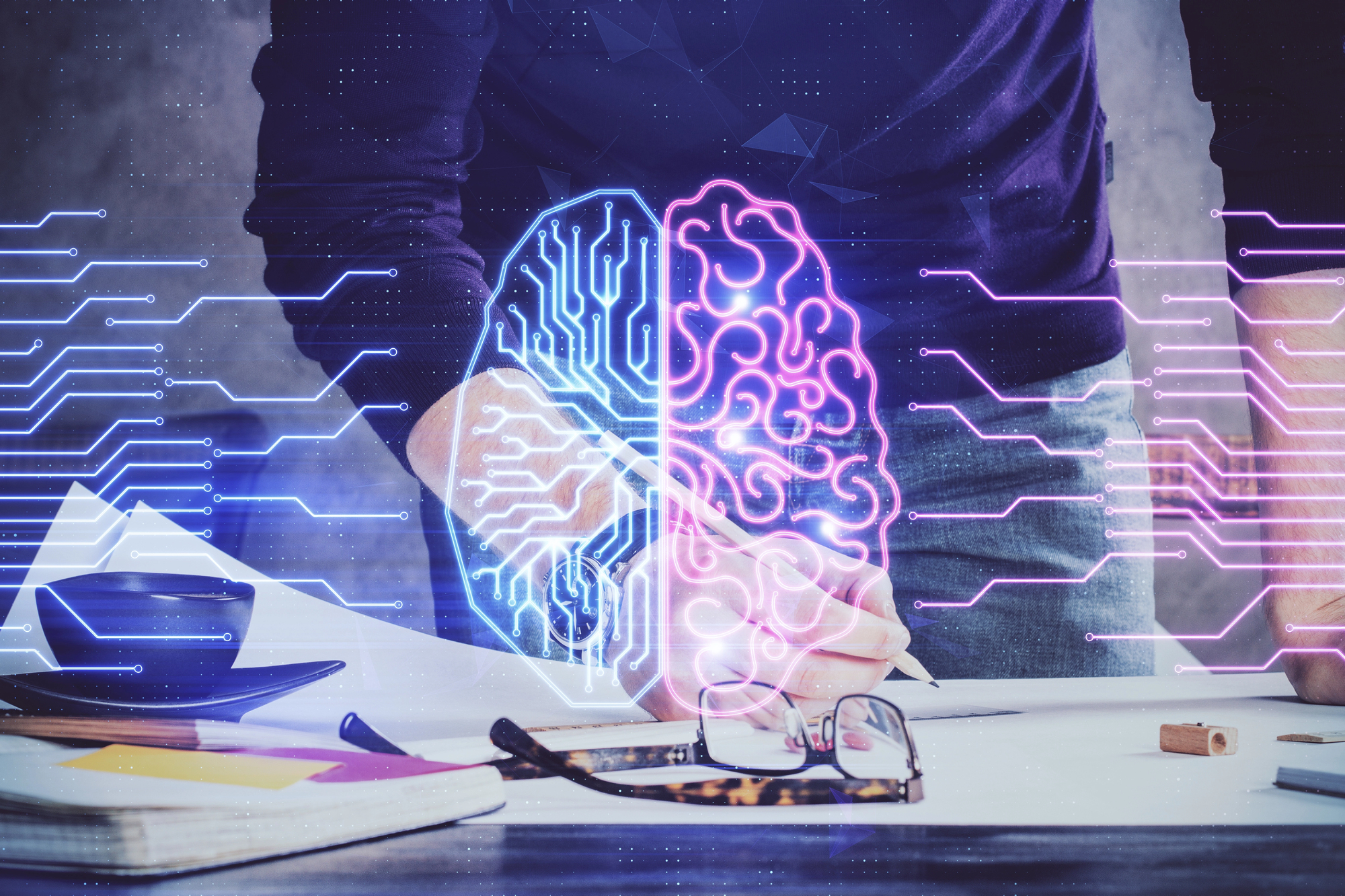Artificial intelligence (AI) can assist journalists, but it cannot replace them, the press ethics committee clarified on Wednesday.
Updated guidelines emphasise that human oversight is mandatory at every stage of reporting, whether for publication, broadcast or online posting. Journalists must verify and fact-check all AI-generated material before use. Proper training in AI tools is also required. In short, AI is a support tool, not a substitute for human judgement the committee said.
The committee has updated the code of journalistic ethics to include provisions on AI use, following broader amendments to the code. While AI can support objectivity, accuracy, impartiality and reliability, and help maintain public trust, it cannot serve as a primary source of information, material or opinion.
The committee stressed that opinions generated by AI must still comply with ethical standards, copyright rules and other legal obligations.
All AI-produced content must be carefully checked and cross-verified before use. Journalists remain responsible for ensuring that material is legally compliant and ethically sound, and they are expected to stay actively involved in regulating AI use throughout the reporting process.
The new provisions explicitly limit AI’s role in writing articles. While the rules do not explicitly forbid AI from producing text, ethical obligations, accuracy requirements and human oversight make it clear that AI cannot fully replace a journalist’s work.
At the same time, the guidelines acknowledge AI’s potential to speed up production, expand data analysis, and enhance reporting capabilities.






Click here to change your cookie preferences